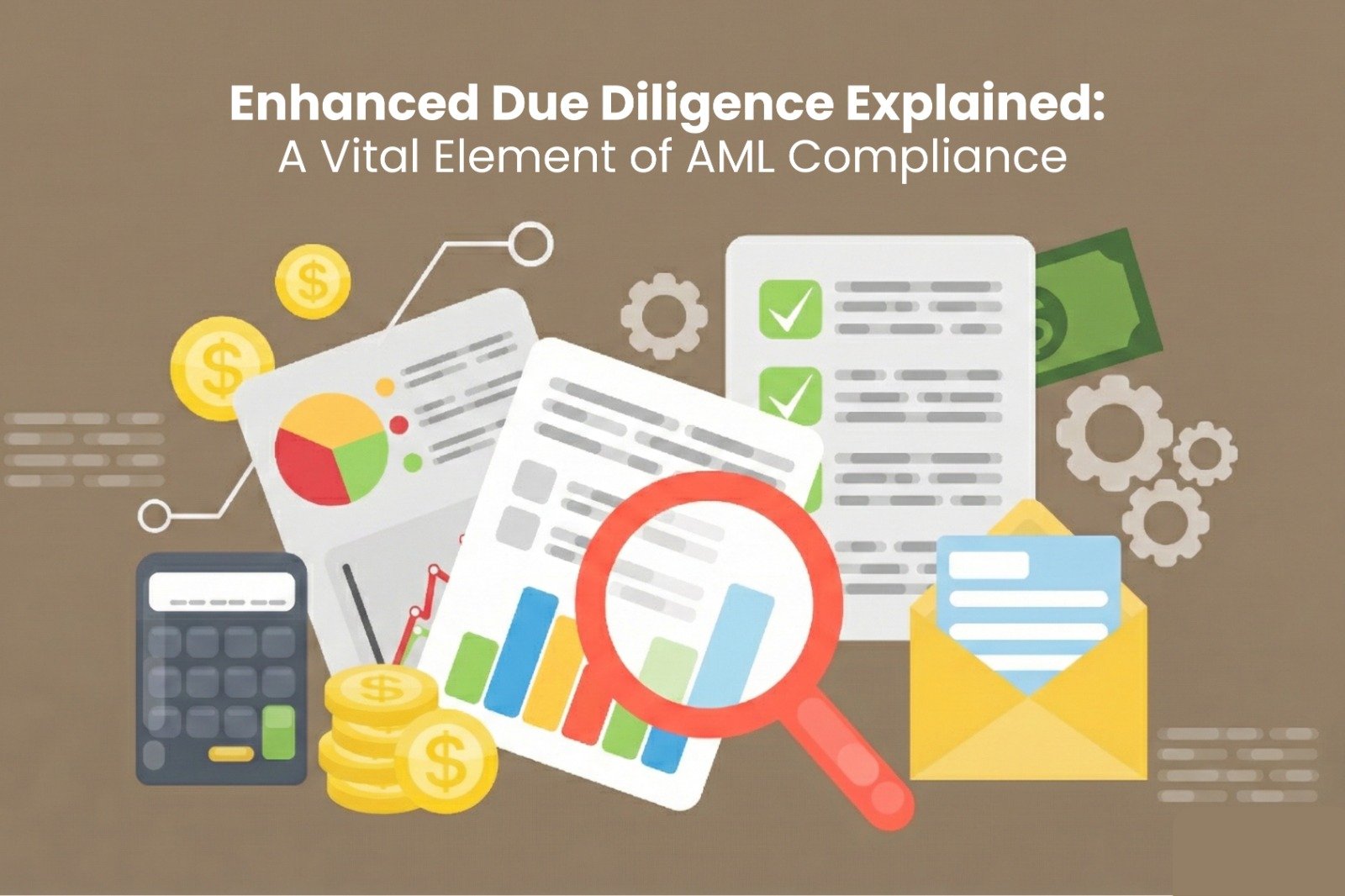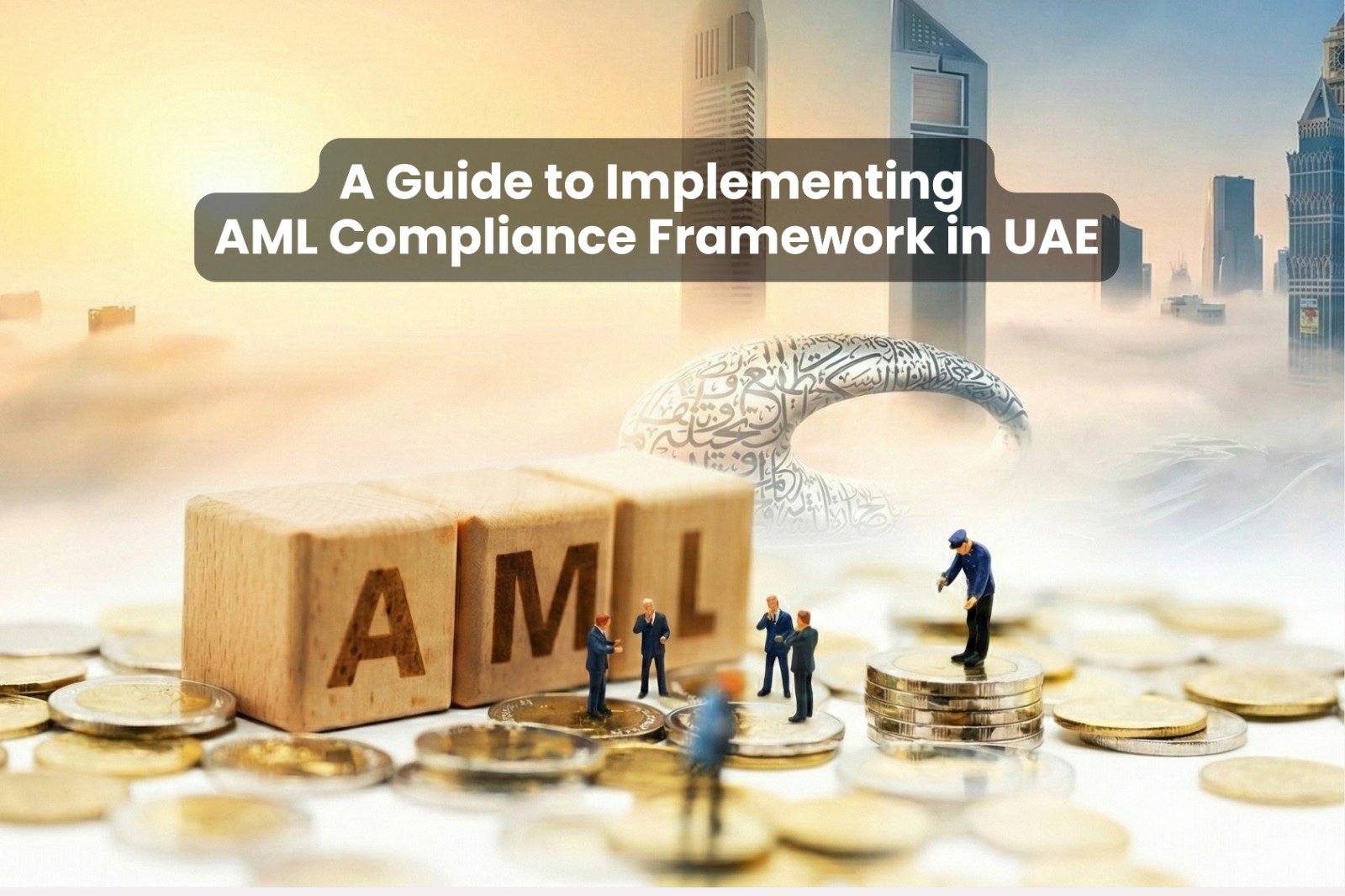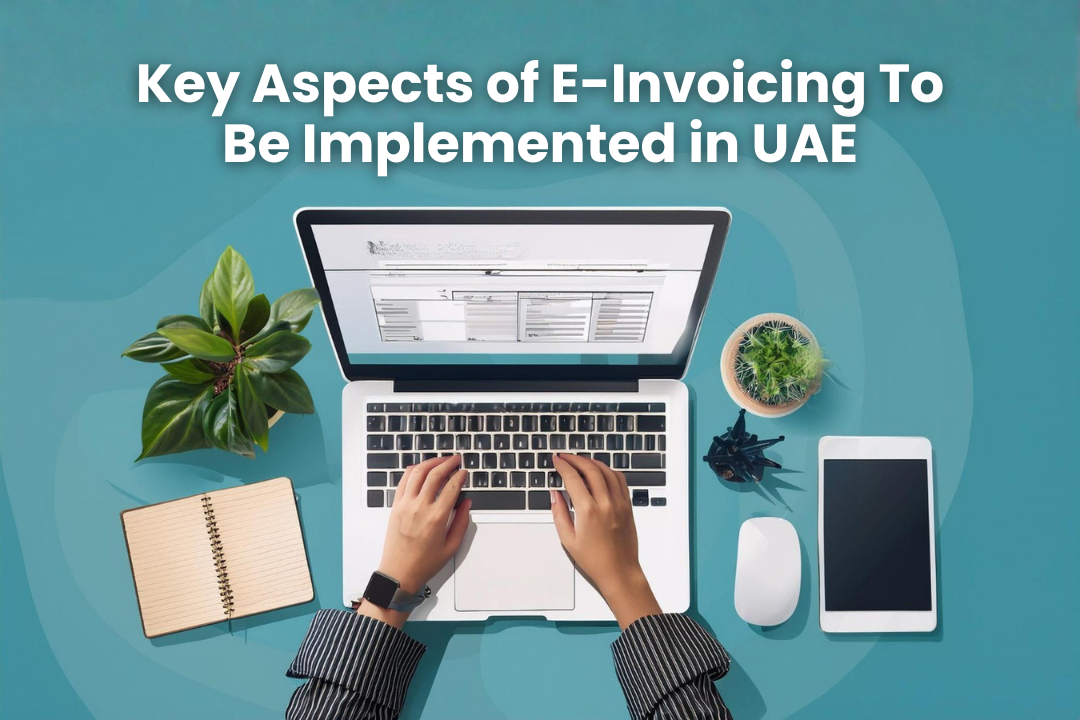In the United Arab Emirates (UAE), businesses are mandated to implement robust Anti-Money Laundering (AML) measures to combat financial crimes effectively. A critical component of these measures is Customer Due Diligence (CDD), which involves verifying customer identities and assessing associated risks. Engaging professional AML auditing services in the UAE can significantly enhance the effectiveness of CDD processes, ensuring compliance and safeguarding business integrity.
What is Customer Due Diligence (CDD)?
CDD is a risk-management process that requires businesses to gather and evaluate customer information to prevent illicit activities such as:
- Money laundering
- Terrorist financing
- Proliferation financing
In the UAE, CDD is mandatory for regulated entities like financial institutions and DNFBPs (Designated Non-Financial Businesses and Professions) such as Auditors and accountants; Lawyers, notaries and other legal professionals and practitioners; Company and trust service providers; Dealers in precious metals and stones; Real estate agents and brokers;.
The Importance of Customer Due Diligence (CDD)
Customer Due Diligence is a fundamental aspect of AML compliance, requiring businesses to:
- Identify and verify customers: Collect and confirm personal information using reliable sources.
- Assess risk levels: Evaluate the potential risk each customer poses to the business.
- Monitor transactions: Continuously oversee customer activities to detect unusual patterns.
Effective CDD helps prevent money laundering and terrorist financing by ensuring that businesses thoroughly understand their customers and their financial behaviors.
Key Elements of a Strong CDD Process
A comprehensive CDD process includes:
- Customer Identification and Verification (IDV) – Obtaining official documents such as Emirates ID, passports, or trade licenses.
- Risk Assessment – Classifying customers based on their risk profile (e.g., low, medium, or high risk).
- Ongoing Monitoring – Continuously tracking customer transactions to detect suspicious behavior.
- Record-Keeping – Maintaining detailed records for at least five years to ensure audit trails.
How AML Auditing Services Improve CDD Processes
1. Assessing Existing CDD Procedures
AML auditors conduct an in-depth review of current CDD practices to identify deficiencies or non-compliance risks. They evaluate:
- Customer onboarding processes
- Document verification procedures
- Monitoring protocols for high-risk customers
This comprehensive assessment helps businesses pinpoint gaps and implement corrective actions.
2. Developing Risk-Based CDD Strategies
AML auditors ensure that businesses adopt a risk-based approach to CDD by:
- Identifying high-risk customers such as PEPs (Politically Exposed Persons) or offshore entities
- Implementing stricter verification processes for high-risk clients
- Providing customized CDD checklists based on industry-specific risks
3. Enhancing Enhanced Due Diligence (EDD) Procedures
In cases involving high-risk customers or complex transactions, Enhanced Due Diligence (EDD) is required. AML auditors support businesses by:
- Implementing deeper background checks
- Establishing stricter approval protocols for high-risk clients
- Developing detailed transaction monitoring procedures
4. Evaluating Suspicious Transaction Reporting (STR) Processes
AML auditors assess the organization’s ability to identify, document, and report suspicious transactions. They ensure businesses:
- Follow the UAE Financial Intelligence Unit (FIU) guidelines
- Maintain a clear process for identifying and escalating suspicious activities
- File STRs promptly to meet regulatory obligations
5. Training Staff for Effective CDD Practices
A well-trained workforce is critical for maintaining AML compliance. AML auditors provide tailored staff training to enhance employees’ understanding of:
- CDD documentation requirements
- Identifying suspicious behaviors
- Compliance protocols for high-risk clients
Regular training empowers employees to implement stronger CDD measures with confidence.
6. Ensuring Robust Record-Keeping Practices
AML auditors ensure businesses maintain comprehensive records, including:
- Customer identification documents
- Risk assessments and due diligence records
- Transaction monitoring reports and STR filings
Proper record-keeping ensures businesses can demonstrate compliance during regulatory inspections.
7. Aligning with UAE AML Regulations
The UAE’s AML framework is regulated by key authorities, including:
- Central Bank of the UAE
- UAE Financial Intelligence Unit (FIU)
- Executive Office for AML/CFT
AML auditors ensure that businesses remain aligned with these regulations, helping them comply with:
- Federal Decree-Law No. 20 of 2018 (AML Law)
- Cabinet Decision No. 10 of 2019 (AML Regulation Guidelines)
- Sector-specific compliance requirements
8. Conducting Mock Audits and Compliance Testing
To prepare businesses for official inspections, AML auditors conduct:
- Mock audits simulating regulatory inspections
- Compliance stress tests to evaluate risk control measures
- Detailed audit reports with actionable recommendations
This proactive approach minimizes the risk of penalties during official regulatory reviews.
Role of AML Auditing Services in Enhancing CDD
AML auditing services play a pivotal role in strengthening CDD processes through:
1. Comprehensive Evaluation of CDD Procedures
Professional auditors assess existing CDD protocols to ensure they align with UAE regulations and international standards. This evaluation identifies gaps and areas for improvement, facilitating the development of more robust procedures.
2. Implementation of Enhanced Due Diligence (EDD) Measures
For high-risk customers, standard CDD may be insufficient. AML auditors assist in implementing Enhanced Due Diligence (EDD) measures, which involve more rigorous verification processes to mitigate potential risks effectively.
3. Regular Risk Assessments
AML auditing services conduct periodic risk assessments to identify emerging threats and vulnerabilities within the customer base. These assessments enable businesses to adapt their CDD strategies proactively, ensuring ongoing compliance and risk mitigation.
4. Staff Training and Awareness
Auditors provide targeted training programs to educate staff on the latest AML regulations and effective CDD practices. An informed workforce is crucial for the successful implementation of CDD measures.
Benefits of Engaging AML Auditing Services in the UAE
Partnering with reputable AML auditing services offers several advantages:
- Regulatory Compliance: Ensures adherence to UAE AML laws, avoiding legal penalties.
- Risk Reduction: Identifies and mitigates potential risks associated with customer relationships.
- Enhanced Reputation: Demonstrates a commitment to ethical practices, building trust with stakeholders.
- Operational Efficiency: Streamlines CDD processes, reducing redundancies and improving overall efficiency.
Conclusion
Incorporating professional AML auditing services is essential for businesses in the UAE aiming to enhance their Customer Due Diligence processes. These services provide comprehensive evaluations, implement necessary enhancements, and ensure continuous compliance with evolving regulations. For expert assistance in strengthening your CDD framework, consult Auditac International, a trusted partner in AML compliance solutions across the UAE.












